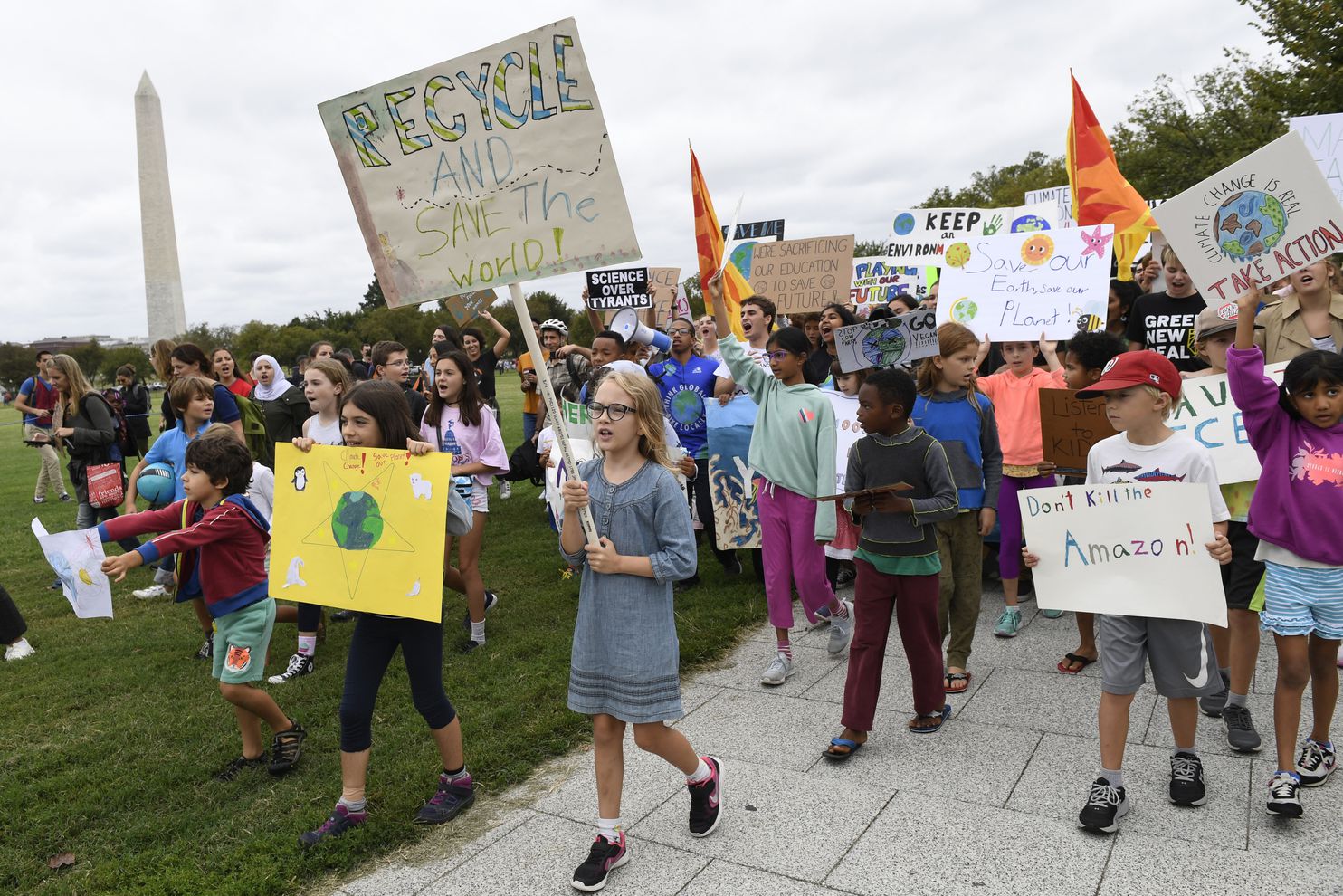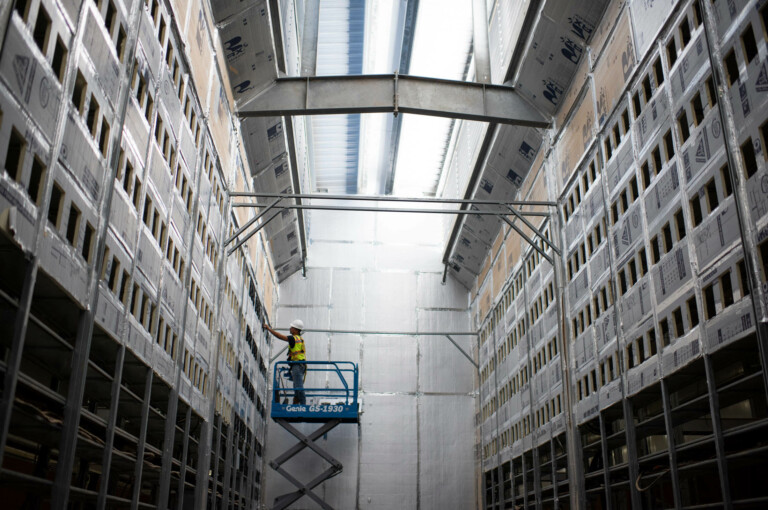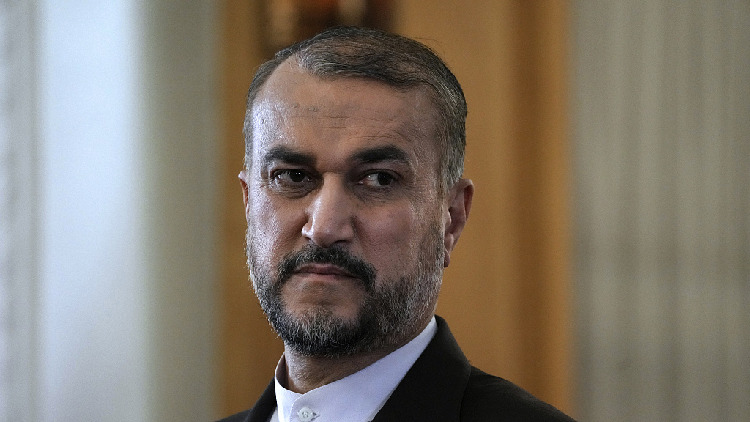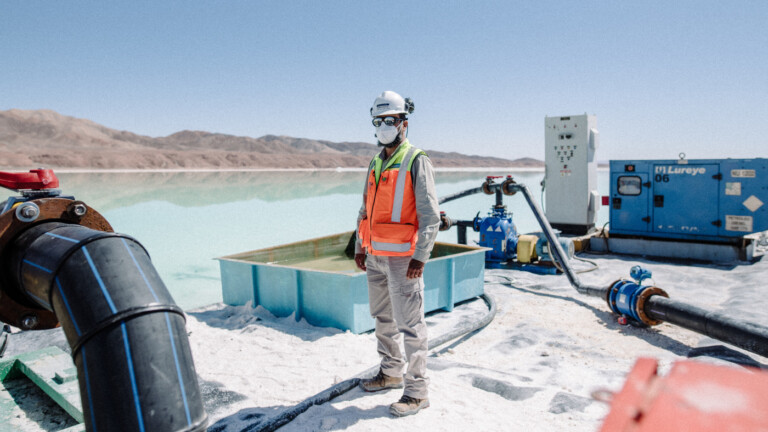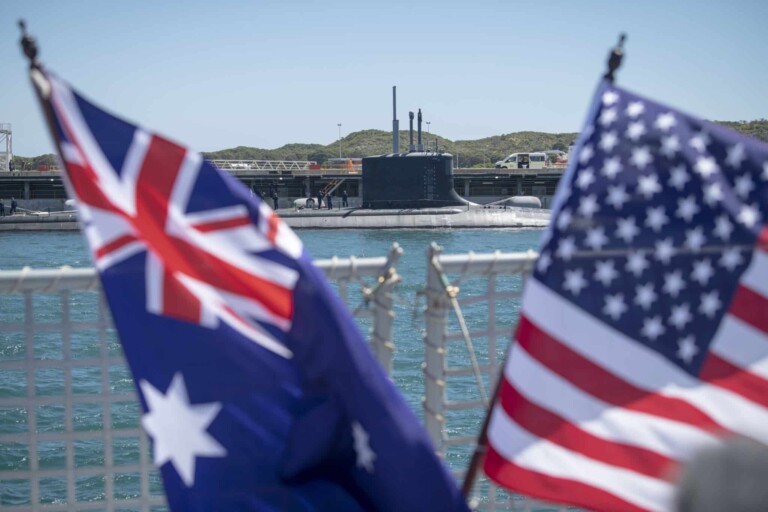Public schools in the United States have become a front in the culture wars as the debate on climate change education is heating up and being increasingly politicized.
As students returned to campuses this fall, extreme heat scorched central U.S., deadly wildfires raged in Hawaii, and a rare hurricane threatened the West Coast.
Though students’ normal life and learning have been disrupted by extreme weather, climate change remains a politicized topic in some places that teachers would not talk about in class.
A group of high school students across the country launched a national campaign Monday called “Green New Deal for schools,” demanding their school districts teach “the truth about the climate crisis” and make emergency plans for climate disasters.
The campaign is a response to right-wing efforts to deny climate change or suppress climate education. It aims to “make climate change an urgent priority across America” and “end the corrupting influence of fossil fuel executives on our politics,” according to the group’s website.
Currently, only a few U.S. states require climate education in public schools. New Jersey became the first state in 2020 to require that climate change be taught in all subject areas beginning with kindergarten. In July, Connecticut began mandating climate change studies across its public schools from grades five to 12.
Despite being a leader in fighting climate change in the country, California does not require climate education in public schools. Two bills that would require students across the state to receive education on climate change had failed. A modified bill passed the state Senate earlier this month and heads to the governor’s desk.
A 2020 report by the National Center for Science Education found that the education standards of at least 20 U.S. states failed to include the basics of human-caused climate change.
Research shows that most teachers don’t talk about climate change in class. According to a nationally representative survey conducted on 538 teachers by EdWeek Research Center in December 2022, 76 percent of the respondents said they had never received any professional training or education on climate change and how to teach it.
Climate education advocates blame the partisan divide for undermining climate education, and accuse conservative politicians of denying the reality of climate change.
A survey published in April by the Center for Sustainable Futures at Columbia University found liberals are more likely than conservatives to support climate education and efforts to reduce the carbon footprint of schools.
The advocates argue that the conservative states are waging a culture war against “woke ideology,” including climate change, leaving schools at the forefront.
In Oklahoma, where the economy relies heavily on oil and gas, a lawmaker introduced legislation in January that would have enabled students to question “existing scientific theories” on climate change.
The Texas State Board of Education adjusted its textbook guidance in March to include more “positive” messages about the fossil fuel industry.
In Ohio, a bill introduced earlier this year would designate climate policy as a “controversial belief or policy” and require instructors to teach “both sides” of climate change.
Conservative lawmakers in Idaho removed climate change from its education standards in 2018, since then students and educators have been fighting to bring climate education back in science class.
At the national level, several bills supporting climate education have also failed in recent years.
Without the federal government’s lead in fostering climate education, advocates of climate education are calling on states and local governments to step up.
“Education is key to addressing the climate emergency,” said Fred Smoller, an associate professor of Political Science at Chapman University, in an article published recently in the Los Angeles Times.
“When students comprehend the science behind climate change, the role of human activities, and the interconnection of ecosystems, they are better equipped to engage in constructive conversations about solutions,” he said.

